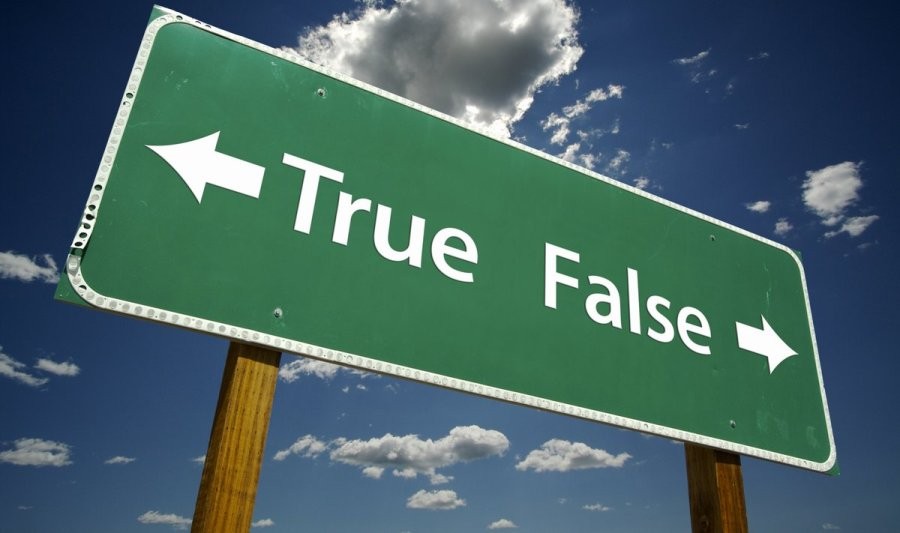That’s why people consciously prefer not to “know” the truth.
In 1932, the German historian Karl Jaspers, meeting the philosopher Martin Heidegger, asked: “How can you sympathize with that ignoramus?” It was naturally about Hitler. Heidegger’s answer was: “Literacy is irrelevant here. Look at his hands.”
The philosopher was probably referring to the charisma of the leader of the National Socialists. In reality, Heidegger then believed that Judaism, Christianity, and Communism (which he considered phenomena of the same series) were the evils leading humanity astray and that his nation had a mission to rid the world of these evils.
In the 20th and especially the 21st centuries, there is often talk about “zombification,” the dulling of the masses, and “brainwashing,” which lead to disastrous consequences. As a “first approach,” a superficial explanation, these judgments are acceptable. There is, however, the next level of analysis, which questions the claim that thousands or millions of people suddenly fall under the hypnosis of a charismatic leader, bringing the subconscious to the fore. According to such a view, those thousands and millions are, so to speak, “half-asleep” subject to the hand movements of that conjurer.
Read also
The problem is more profound. After Hitler came to power, alternative sources of information were gradually closed for the Germans, and people could only get acquainted with the “samples” of Goebbels propaganda. Suppose they were “zombified” in 1933-45. But until 1933, they could read different newspapers, listen to various orators, and join different parties, right? So why did they go after the wildest ideas? Another German philosopher, Theodor Adorno, gives his version of the answer in his 1951 book, symbolically titled Minima Moralia: Reflections on a Damaged Life. Adorno tries to understand what drove the Germans to the 1933 election. And he concludes that they KNEW everything very well but pretended they didn’t know. They didn’t believe the things they didn’t want to think because it was more convenient, because being guided by the truth is hard work, and it puts extra responsibility on people.
Approximately the exact mechanism operates in modern Russia. It is not problematic for most people to get information about what is happening in Ukraine. They KNOW very well that their country attacked a neighboring country for no reason. But they, as a rule, do not oppose the war, not only because they fear repression (which is quite real in Russia). They are also afraid of moral terror, which is relatively easy to organize under the conditions of modern technology. And they justify going against their conscience, or perhaps it would be more accurate to say, “Self-justify” with the clichés that official propaganda delivers. “Special military operation for the sake of denazification,” “Ukraine wanted to become a member of NATO and attack,” “Ukrainian geese spread corona virus in Russia specifically, “Ukraine wanted to create an atomic bomb,” “They bombed Donbas for eight years” and other nonsense.
The exact mechanism operates in the case of the Armenian majority. It’s not that people don’t see the dethronement of the Armenian State, which is the result of the current government’s policy. But to avoid opposing it, they have the “official package” of self-excuses. “Karabakh people have looted Armenia for 30 years”, “Anyway, we can do nothing, “What, do you want Kocharyan to return?”, “Are you saving Artsakh? Go to Lachin and save it.” Those who oppose our prime minister are agents of Russia.”
People know it’s all a lie. They are just comfortable living a lie.
Aram ABRAHAMYAN
“Aravot” daily, 05.09.2023























































